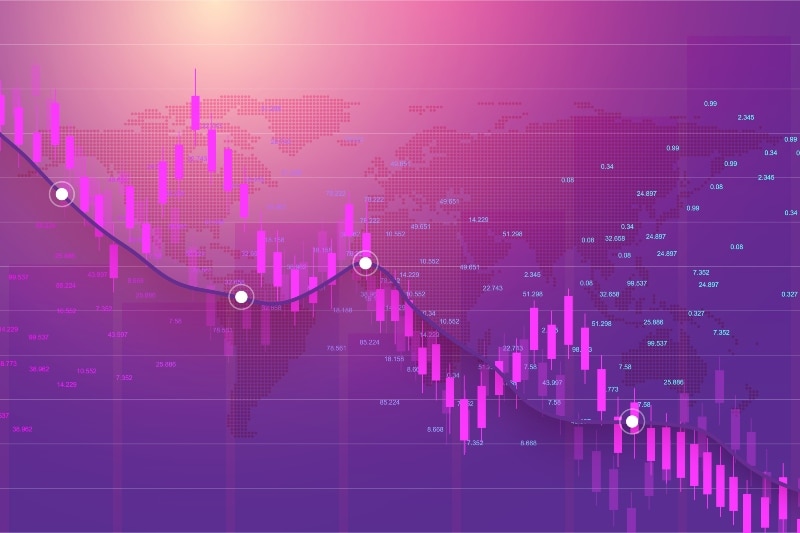
In recent months, and more incisively in the last week, the Nasdaq tech index has suffered a humility cold shower by seeing billions burn.
After the crypto sector, the tech stock index also collapses: Nasdaq 100
That the value of tech stocks was far too distorted was common opinion, for many reasons the most emblazoned stocks, particularly those of the Big tech stocks that serve as beacons for the Nasdaq, are over-inflated despite the fact that a real and strong expansion has indeed taken place.
For example, Apple, Microsoft, Tesla, Amazon etc. have benefited from two and a half pandemic years during which demand for technology and consumption from home has skyrocketed due to multiple lock-downs and their consequences such as smart-working, distance learning, e-commerce and digital entertainment (Netflix, Disney+, Amazon Prime, Now, HBO Max etc.).
The gains achieved by companies in this sector were enormous because they were living in a very prolific funnel. People were forced to work and support themselves directly from home and this benefited Big tech.
Now, however, the lockdowns have ended at least momentarily and perhaps for the future as well, the pandemic seems to be over, and although a significant share of smart working also remains because of the convenience and savings it brings, people can get out and Nasdaq companies are coming back to terms with a bitter competitor, the outdoors and the sociability of human beings.

The factors of a disaster foretold
Adding to this picture are two important factors, the war in Ukraine that threatens to turn into a world conflict, leading the planet straight into a new atomic Dark Ages, and near double-digit inflation.
War is a big deal, but even if it is a cynical and morally questionable argument, it is inevitable that it will bring profit; it always has. In war, the heavy industries of the countries affected experience a boom, and it is from war that could come the compensation for which the end of the pandemic has turned into huge losses for the major companies that make up the Nasdaq.
According to Janet Yellen, U.S. Treasury Secretary:
“The invasion of Ukraine has further increased economic uncertainty and the potential for continued volatility and irregularity for global growth”.
Inflation, on the other hand, is a fairly cyclical evil that starts way back and we have seen it coming, and it was expected and perhaps underestimated on the wave of enthusiasm.
The Lehman Brothers Landslide twelve years ago marked a historic moment.
Ben Bernanke, the Fed chairman at the time, in agreement with US President Barack Obama, in 2009 opened a season of expansionary monetary policy, culminating in the US central bank’s purchase of $600 billion of Treasuries.
Jerome Powell, the current chairman of the Federal Reserve, today decrees the end of this phase.
The Fed has already implemented two rate hikes since the beginning of the year, one by 25 bp and the other by 50 bp.
Inflation stands at 8.5%, which is at the highest since the Reagan administration, a little too much not to be taken at face value.
The performance of big tech
Returning to Big Tech, in 2021 alone they gained 27.5% in one year. Now, however, the tune has changed and the perfect storm has now arrived.
Nasdaq, Standard & Poor’s 500 and Dow Jones continue to suffer this period, reaching a record negative 52-week high of as much as 17% on 9 May.
The Nasdaq in particular has lost 27% in just six months with a backward leap that wipes out the gains made in all of 2021 with a bang.
The post The waning of doped prices in the Nasdaq tech index appeared first on The Cryptonomist.




















